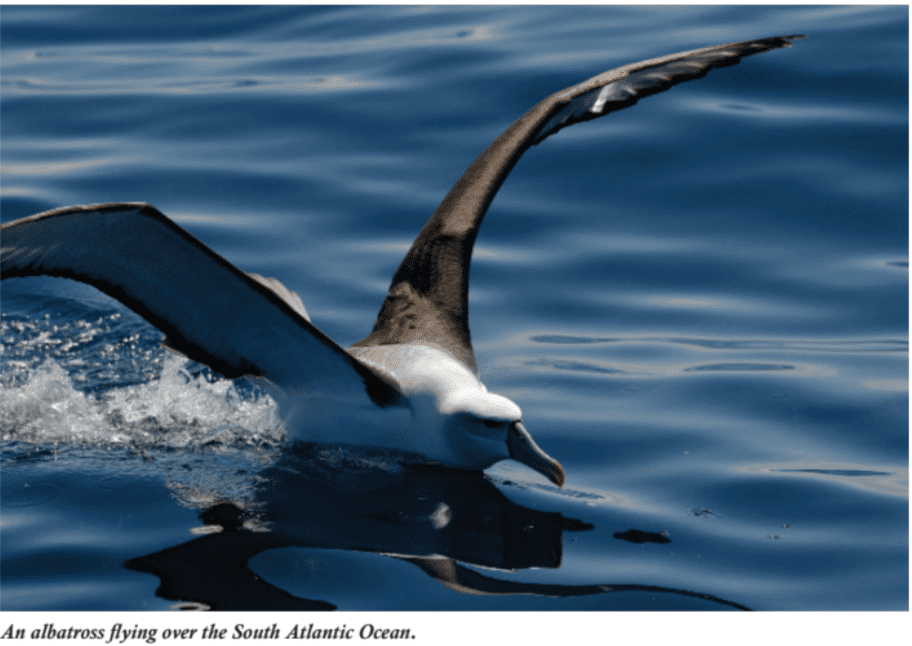
A study by New Zealand’s Royal Society has found evidence of the effect of climate change on the longevity of relationships among albatrosses. Albatrosses are among some of the most monogamous creatures on the planet and they usually mate for life. This new study suggests that the current tumultuous environmental conditions cause splits between the black-browed albatrosses in the South Atlantic. The official word used by the study to describe the splits is “divorce.” Albatrosses are sea birds that are found across the Southern Hemisphere. Along with their expansive travels and their long lives, they are also known for having a wingspan of up to 11 feet. When it comes to partnerships, black-browed albatrosses usually spend most of the year apart and reunite each mating season to raise their chicks together. The male albatross typically arrives first on the land and waits for his partner while tending to their nest. According to experts, albatross divorce is extremely rare. Usually, permanent separation is triggered only when a pair of albatrosses fail to successfully fledge a chick. However, the research, led by Francesco Ventura of the University of Lisbon, found a connection between permanent separation and rising ocean temperatures. The objective of the research was to see if ‘divorce’ between albatrosses was affected by environmental variability over the years. The researchers collected data on the seabirds’ breeding behaviour starting from 2003- spanning 15 years. They researched albatrosses from New Island, Falklands- a group of remote islands in the South Atlantic Ocean. The islands are home to about 15,500 pairs of albatrosses. The research found that the divorce rate among birds increased in years when the ocean was the warmest. According to the report, the divorce rate rose to 7.7 per cent in 2017 from an average of 3.7 per cent in the previous years. The research concludes that divorce between partners in monogamous sea populations like the black-browed albatross is an adaptive strategy to climate change. The consequences of climate change have already started to leave an upsetting impact on populations across the world and the environment.
In the years when oceans and seas are warmer than usual, albatrosses were found to be struggling with both fertility and divorce. This indicates a worrisome trend for almost all seabird populations as the global temperatures rise significantly with each passing day. On the other hand, the research also suggests that the divorce between the birds yields certain reproductive benefits especially for female albatrosses who are more likely to find new partners and gain a higher breeding success.
10 Jan 2022
Yashvi Shah